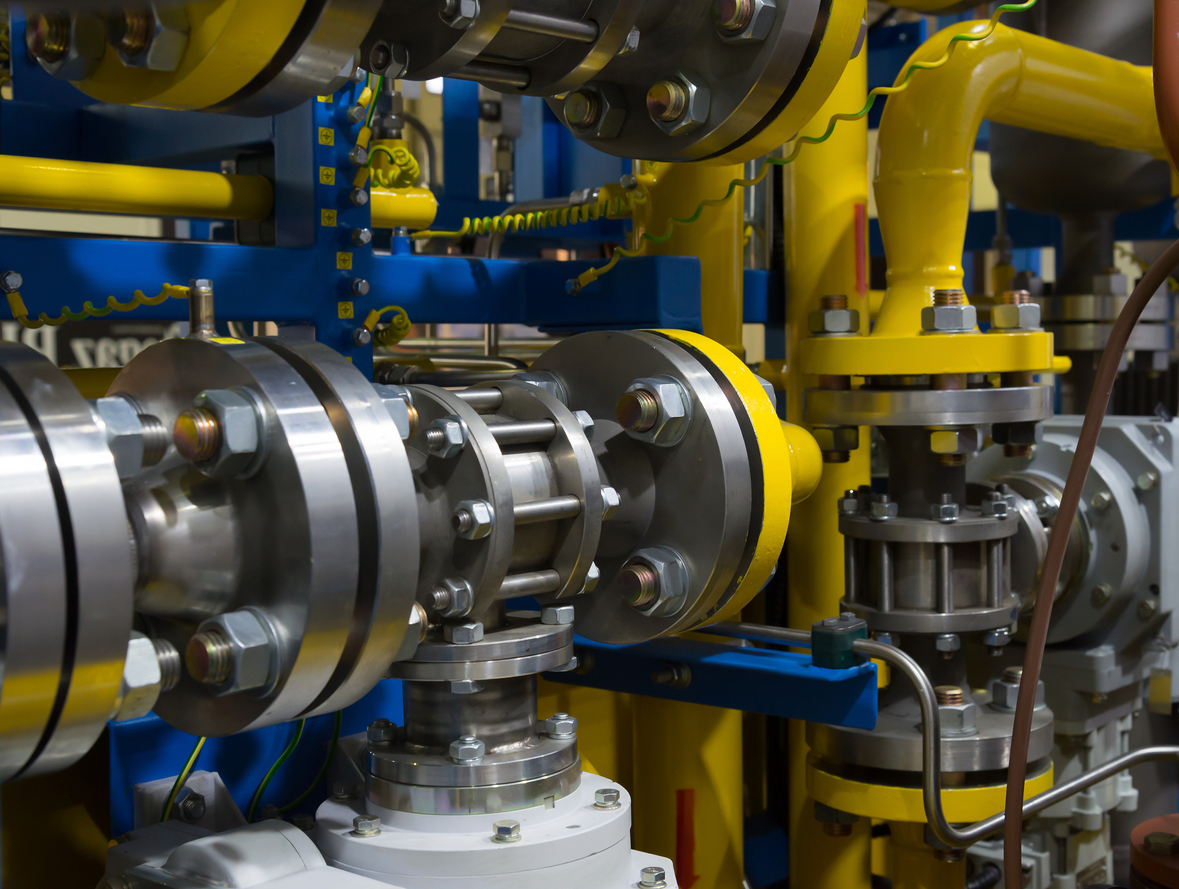How to Buy and Export Valves from South Africa
How to Buy and Export Valves from South Africa
South Africa is home to some of the world’s leading manufacturers of valves. From ball valves and gate valves to pressure reducing and sight glass valves, these manufacturers produce a huge range of different types of valve. In response to growing demand in global markets for South African-made industrial valves, some local businesses have launched services that help users find the right type of valve at an affordable price and make the necessary arrangements for shipping it overseas. Anyone who wants to buy or sell South African-made valves should first become acquainted with several key facts about this industry. This document will help you become better informed about local suppliers, international trade laws concerning goods such as valves, and what you need to do in order to incorporate these products into your business operations.
What to Know About the South African Valve Industry
Valves are among the most common types of industrial equipment. They can also be among the most expensive items in a typical manufacturing plant. Given this, you’ll want to be sure that you’re dealing with a reputable local supplier whenever you need to buy valves for your business. Because of the size and complexity of the local valve industry, you’ll also want to do some research to find the right source of products. Here are a few things to know about the valve industry in South Africa: – South Africa’s reputation in the global valve market has grown in recent years. This is due to several factors, including a rise in demand for locally-made products on account of trade tariffs and the growth of the country’s manufacturing sector. – There are many different types of valve that South African manufacturers produce. Some of the most common include ball valves, butterfly valves, gate valves, globe valves, pressure reducing valves, and sight glass valves. – The country is home to both large-scale manufacturers of valves as well as smaller, family-owned operations. These businesses employ a wide range of valve manufacturing techniques, including forging, casting, and fabricating with steel. – Some local valve manufacturers have expanded their operations in recent years, either by building new plants or by acquiring equipment necessary to expand their product lines.
How to Find Reputable South African Valve Suppliers
Before you buy valves from South Africa, you’ll probably want to talk to multiple suppliers. This will give you the opportunity to evaluate different products and services. It will also allow you to negotiate better prices and terms with each supplier. Here are a few steps that can help you find the right valve supplier in South Africa: – Arm yourself with knowledge about the valve industry in South Africa. This knowledge will help you to better assess the products and services offered by various suppliers. – Conduct online research. A good place to start this process is with Google. Try searching for “South African valve suppliers” or “valve manufacturers in South Africa.” You can also use this search method to find the names of websites operated by local suppliers. – Contact likely candidates. When you’ve found a few promising suppliers, you should reach out to them and request a quote for the valves you need. Explain your application and provide manufacturers with any specifications that may be relevant. – Negotiate the price. Once you’ve received price quotes from multiple suppliers, you can use them as a starting point for negotiations. Try to get the best deal possible while still remaining in your budget.
How to Comply with Export Regulations for Valves
In order to export South African valves, you’ll need to comply with all relevant regulations on the federal, state, and local levels. This means that you must obtain any and all necessary permits and licenses and follow the rules set out by customs officials. Here are a few things you should know about export regulations for valves: – Valves are regulated goods. This means that you must obtain an export permit from the Department of Trade and Industry (DTI) before shipping valves to other countries. – Export regulations for valves may differ depending on the type of product. For example, ball valves are regulated as “complex” goods, while butterfly valves are regarded as “dangerous” goods. – Depending on the type of valve you purchase and your country of destination, you may need to obtain other documents and clear additional regulatory hurdles. For example, you may have to obtain an import permit or customs clearance documentation.
Conclusion
Valves are critical components in many industrial settings, and they come in a wide variety of types and sizes. The South African valve industry produces a wide range of these products, including ball valves, butterfly valves, gate valves, globe valves, pressure reducing valves, and sight glass valves. In order to buy these products at a good price and in a timely manner, you’ll want to find the right valve supplier in South Africa and make the necessary arrangements for shipping the valves overseas.








LEAVE A COMMENT
You must be logged in to post a comment.